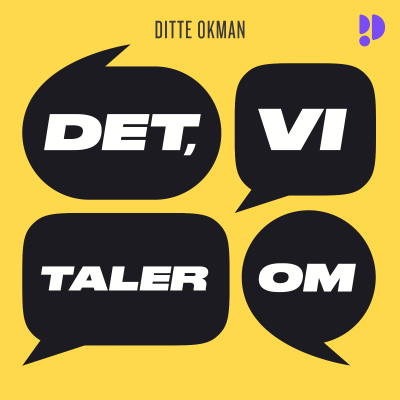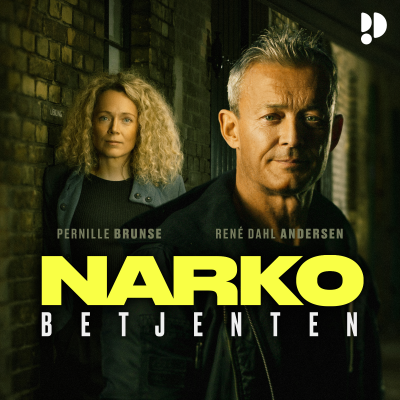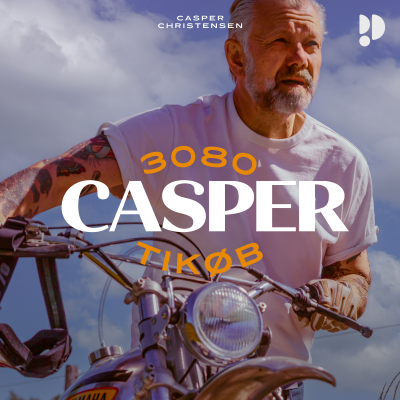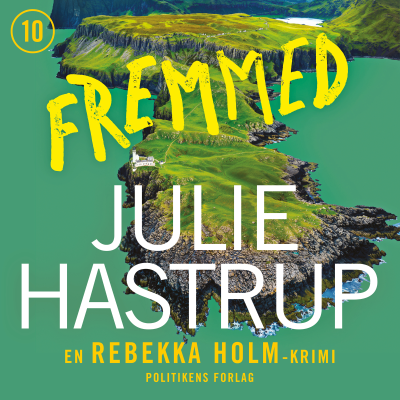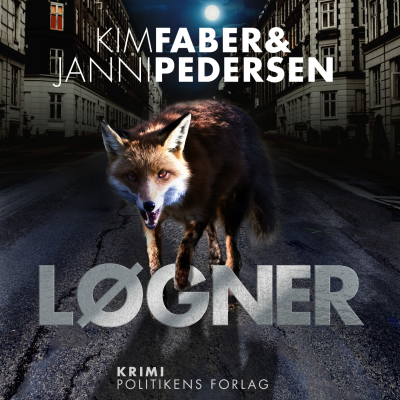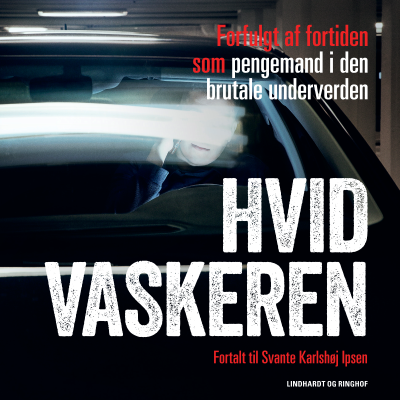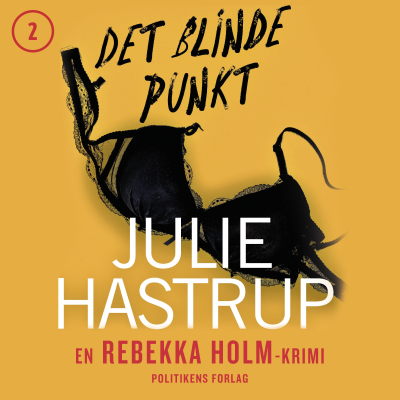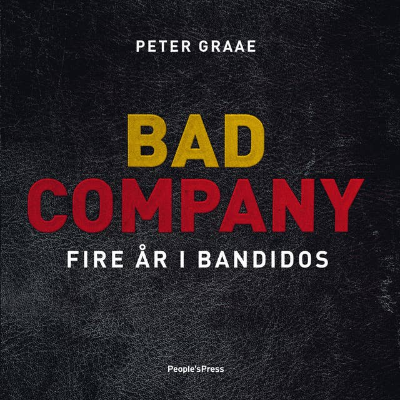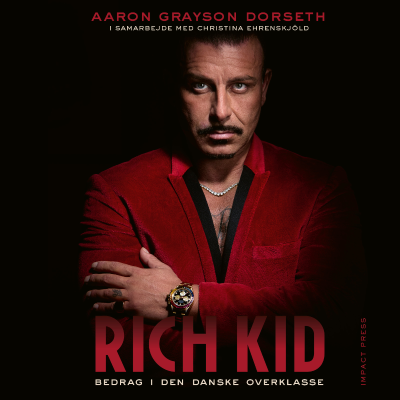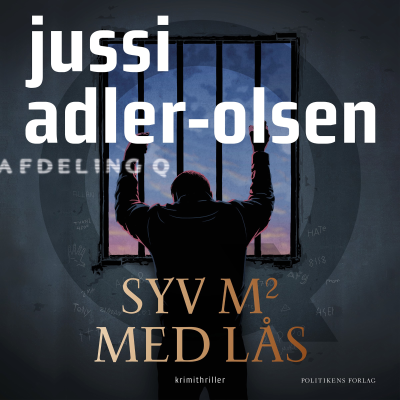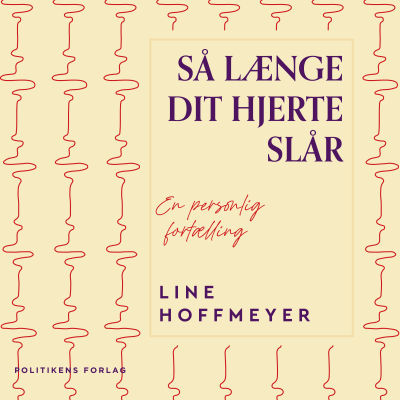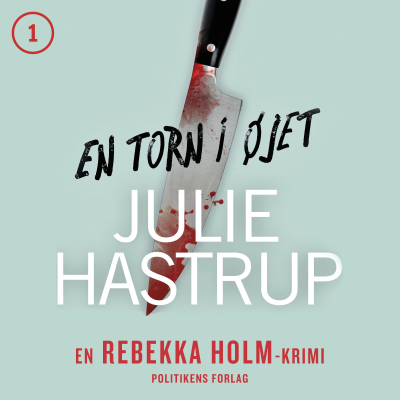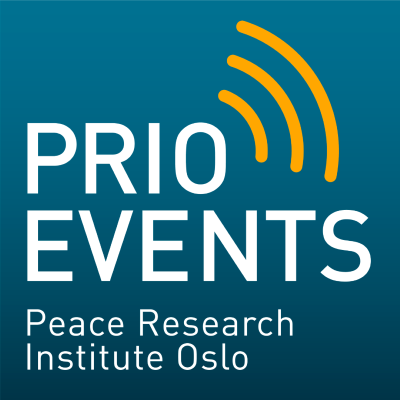
PRIO Events
Podcast by Peace Research Institute Oslo (PRIO)
This podcast is free to listen on all podcast players and the Podimo App without a subscription.
All episodes
60 episodesAI shapes war, humanitarian emergencies and the roads to peace. Ongoing conflicts are also experimental laboratories, creating a boom in AI weapons systems. Before and during the Gaza war, AI-generated imagery and text has contributed to diametrically opposed versions of a ‘truth’ about violence, the plight of civilians and the intentions of humanitarian actors. While responding to hurricanes Helene and Milton, US authorities also struggled against AI generated imagery manipulating understandings about the danger and impact of the disaster and government assistance. In 2024, there are 120 armed conflicts around the world. Peace processes require finding shared grounds of knowledge. AI may be a double spoiler – heightening tension and eroding trust. This panel looks into the relationship between military technology and humanitarian law, how we understand claims about civilian suffering and societal devastation to be true – or not – and the impact of dis and misinformation on efforts to create pathways towards peaceful solutions. SPEAKERS * Kristin Bergtora Sandvik [https://www.jus.uio.no/ikrs/personer/vit/krisbsa/], University of Oslo and Peace Research Institute Oslo (PRIO) * Morten Tønnessen-Krokan, the Norwegian Red Cross * Olav Østrem [https://www.faktisk.no/ansatte], faktisk.no The discussion was moderated by Maria Gabrielsen Jumbert [https://www.prio.org/people/6646], Senior Researcher, PRIO. This event was collaboration between PRIO and the University of Oslo, and a part of Oslo Peace Days 2024. ---------------------------------------- Hosted on Acast. See acast.com/privacy [https://acast.com/privacy] for more information.
What is the state of refugee rights in Pakistan? What role do civil society groups play to support refugees and advocate for their rights? What are the key challenges? On the 2nd of September PRIO hosted a discussion co-organised by DEGLOBAL [https://www.jus.uio.no/ikrs/english/research/projects/deglobal/index.html] and supported by the BEYOND [https://www.jus.uio.no/ikrs/english/research/projects/beyond/] project. This discussion forum brought together human rights activists and academics from Pakistan and the academics at the University of Oslo, PRIO, and University of Tromsø to exchange views on the state of refugee rights in Pakistan and the role of civil society groups in advocating and supporting refugees. The focus was on Afghan refugees. SPEAKERS * Harris Khalique [https://en.wikipedia.org/wiki/Harris_Khalique], Secretary General of the Human Rights Commission of Pakistan (HRCP) [https://hrcp-web.org/hrcpweb/] * Dr. Arshi Saleem-Hashmi [https://worldfellows.yale.edu/person/arshi-saleem-hashmi/], Professor Peace and Conflict Studies, National Defence University of Pakistan * Dr. Farhat Taj [https://uit.no/ansatte/farhat.taj], Associate Professor, University of Tromsø The discussion was moderated by Professor Marta Bivand Erdal [https://www.prio.org/people/5830]at PRIO. Dr. Arjumand Bano Kazmi [https://www.jus.uio.no/ikrs/english/people/aca/arjumank/index.html] at UiO offered introductory remarks (not included in the recording). Read more here: https://www.prio.org/events/9135 ---------------------------------------- Hosted on Acast. See acast.com/privacy [https://acast.com/privacy] for more information.
What insights can a life dedicated to international relations and diplomacy in the Korean Peninsula offer? On 7 August 2024 , Dr. Stein Tønnesson [https://www.prio.org/people/3478](PRIO) delved into this question as he interviewed Dr. Moon Chung-in [https://keia.org/staff/moon-chung-in/](Yonsei University, Seoul), a prominent expert who has served as an advisor to several South Korean presidents. The conversation explored Dr. Moon's personal journey, from his upbringing and education in an authoritarian South Korea to his role in the country's democratization and his burgeoning interest in North Korea. He shared his perspectives on the personalities and policies of both South and North Korean leaders and provide insights into the geopolitical strategies of China, the US, Russia, and Japan regarding the divided Korea. Dr. Moon also reflected on his pivotal role in intra-Korean diplomacy, offering a unique window into the complexities of the region. Read more here: https://www.prio.org/events/9154 ---------------------------------------- Hosted on Acast. See acast.com/privacy [https://acast.com/privacy] for more information.
On 18 June 2024, UNRWA Commissioner-General Philippe Lazzarini [https://www.un.org/sg/en/content/profiles/philippe-lazzarini-0] joined PRIO to share his insights on what he has experienced in Gaza. The United Nations Relief and Works Agency for Palestine Refugees in the Near East (UNRWA) is the main humanitarian aid provider in the Gaza Strip. It is also responsible for running schools and healthcare for millions of Palestinian refugees in Palestine, Jordan, Lebanon and Syria. The UN organization is facing a funding crisis worsened by Israel’s war in Gaza and the unproven Israeli accusations against the agency. Lazzarini informed us about the dire situation for Palestine refugees in the Middle East and the crisis facing the agency. Speakers * Introduction by PRIO Director Henrik Urdal [https://www.prio.org/people/3473] * Keynote by UNRWA Commissioner-General Philippe Lazzarini * Comments by Vebjørn Dysvik, Director General, Department of Regional Affairs, Norwegian MFA * Comments by PRIO researcher Jørgen Jensehaugen [https://www.prio.org/people/5841] * Panel conversation between Commissioner-General Lazzarini, Vebjørn Dysvik and Jørgen Jensehaugen moderated by Maria Gabrielsen Jumbert [https://www.prio.org/people/6646], Senior Researcher at PRIO Read more about this event here: https://www.prio.org/events/9147 [ https://www.prio.org/events/9147] ---------------------------------------- Hosted on Acast. See acast.com/privacy [https://acast.com/privacy] for more information.
Over the past few years we have seen a number of violent conflicts erupt: The Russian invasion in Ukraine, the civil war in Ethiopia, the conflict between Israel and Palestine. The past three years have been the most violent period since the end of the Cold War. Is the world becoming a more violent place, or is this an unfortunate coincidence of several violent wars occurring at the same time? The seminar speakers delved into the new UCDP conflict data [https://ucdp.uu.se/] to explore what the data and the trends can tell us about these questions. PROGRAM * Presentation by Therese Petterson [https://www.uu.se/en/contact-and-organisation/staff?query=N8-1301], Research Coordinator, Department of Peace and Conflict Research, Uppsala University * Panel conversation with Brynjar Lia [https://www.hf.uio.no/ikos/personer/vit/midtostenstudier/fast/brynjarl/], Professor, University of Oslo and Mauricio Rivera Celestino [https://www.prio.org/people/11232], Senior Researcher, PRIO Siri Aas Rustad [https://www.prio.org/people/4693], Research Director at PRIO, moderated the conversation. ---------------------------------------- Hosted on Acast. See acast.com/privacy [https://acast.com/privacy] for more information.
Available everywhere
Listen to Podimo on your phone, tablet, computer or car!
A universe of audio entertainment
Thousands of audiobooks and exclusive podcasts
No ads
Don't waste time listening to ad breaks when listening to Podimo's content.

